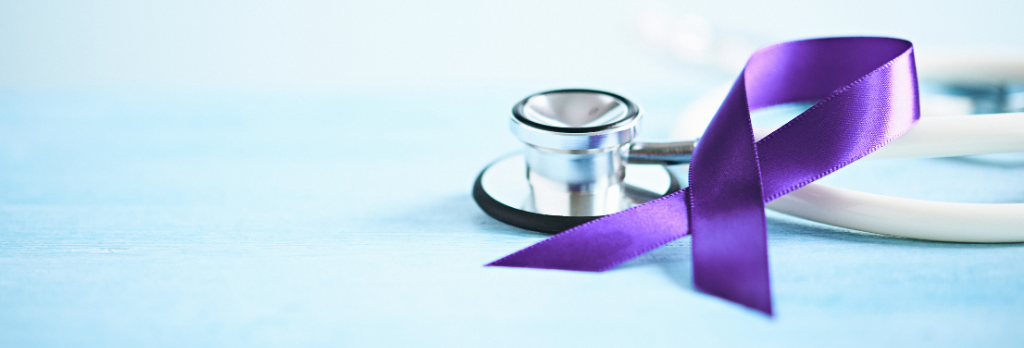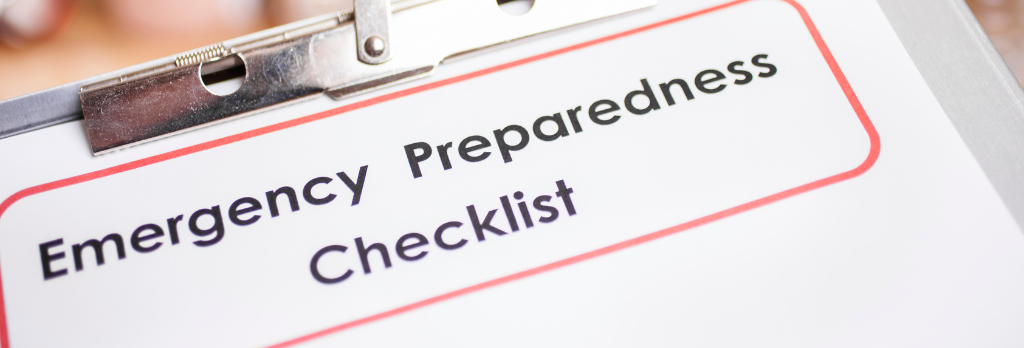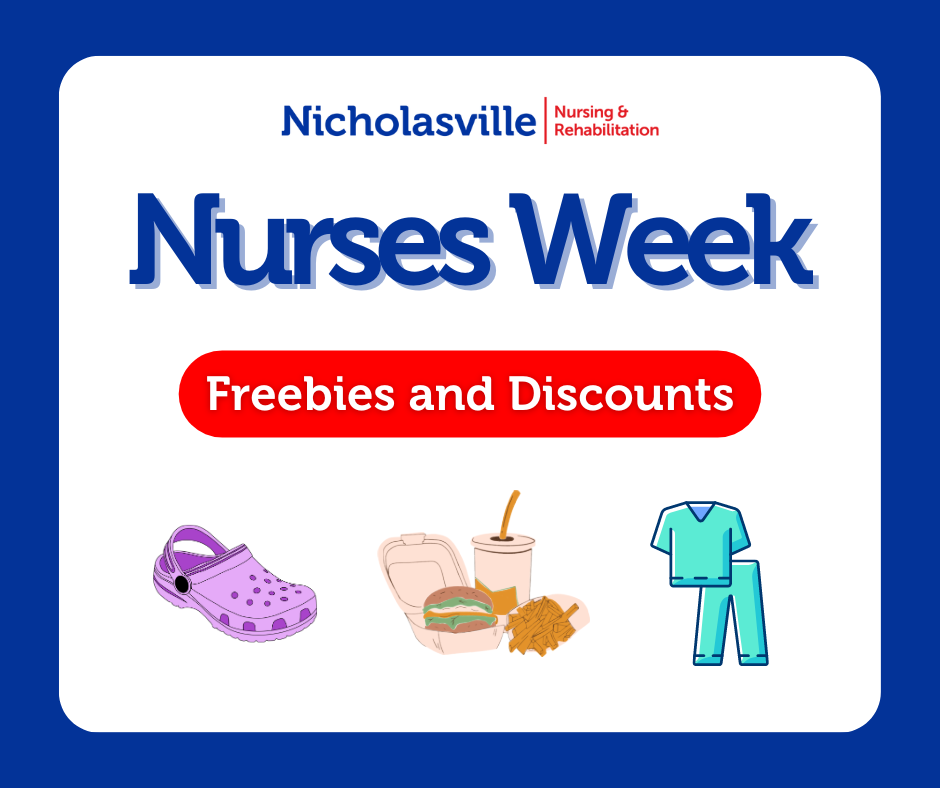Alzheimer’s Disease and Related Dementias
May 22, 2023WHAT IS ALZHEIMER’S DISEASE?
- Alzheimer’s disease is the most common type of dementia.
- It is a progressive disease beginning with mild memory loss and possibly leading to loss of the ability to carry on a conversation and respond to the environment.
- Alzheimer’s disease involves parts of the brain that control thought, memory, and language.
- It can seriously affect a person’s ability to carry out daily activities.
WHO HAS ALZHEIMER’S DISEASE?
Alzheimer’s Disease and Racial and Ethnic Disparities infographic
All Alzheimer-related infographics
- In 2020, as many as 5.8 million Americans were living with Alzheimer’s disease.1
- Younger people may get Alzheimer’s disease, but it is less common.
- The number of people living with the disease doubles every 5 years beyond age 65.
- This number is projected to nearly triple to 14 million people by 2060.1
- Symptoms of the disease can first appear after age 60, and the risk increases with age.
WHAT IS KNOWN ABOUT ALZHEIMER’S DISEASE?
Scientists do not yet fully understand what causes Alzheimer’s disease. There likely is not a single cause but rather several factors that can affect each person differently.
- Age is the best known risk factor for Alzheimer’s disease.
- Family history—researchers believe that genetics may play a role in developing Alzheimer’s disease. However, genes do not equal destiny. A healthy lifestyle may help reduce your risk of developing Alzheimer’s disease. Two large, long term studies indicate that adequate physical activity, a nutritious diet, limited alcohol consumption, and not smoking may help people. To learn more about the study, you can listen to a short podcast.
- Changes in the brain can begin years before the first symptoms appear.
- Researchers are studying whether education, diet, and environment play a role in developing Alzheimer’s disease.
- There is growing scientific evidence that healthy behaviors, which have been shown to prevent cancer, diabetes, and heart disease, may also reduce risk for subjective cognitive decline. Here’s 8 ways.
WHAT ARE THE WARNING SIGNS OF ALZHEIMER’S DISEASE?
Alzheimer’s disease is not a normal part of aging. Memory problems are typically one of the first warning signs of Alzheimer’s disease and related dementias.
In addition to memory problems, someone with symptoms of Alzheimer’s disease may experience one or more of the following:
- Memory loss that disrupts daily life, such as getting lost in a familiar place or repeating questions.
- Trouble handling money and paying bills.
- Difficulty completing familiar tasks at home, at work or at leisure.
- Decreased or poor judgment.
- Misplacing things and being unable to retrace steps to find them.
- Changes in mood, personality, or behavior.
Even if you or someone you know has several or even most of these signs, it doesn’t mean it’s Alzheimer’s disease. Know the 10 warning signs (also available in Spanish).
WHAT TO DO IF YOU SUSPECT ALZHEIMER’S DISEASE
Getting checked by your healthcare provider can help determine if the symptoms you are experiencing are related to Alzheimer’s disease, or a more treatable conditions such as a vitamin deficiency or a side effect from medication. Early and accurate diagnosis also provides opportunities for you and your family to consider financial planning, develop advance directives, enroll in clinical trials, and anticipate care needs.
HOW IS ALZHEIMER’S DISEASE TREATED?
Medical management can improve quality of life for individuals living with Alzheimer’s disease and for their caregivers. There is currently no known cure for Alzheimer’s disease. Treatment addresses several areas:
- Helping people maintain brain health.
- Managing behavioral symptoms.
- Slowing or delaying symptoms of the disease.
SUPPORT FOR FAMILY AND FRIENDS
Currently, many people living with Alzheimer’s disease are cared for at home by family members. Caregiving can have positive aspects for the caregiver as well as the person being cared for. It may bring personal fulfillment to the caregiver, such as satisfaction from helping a family member or friend, and lead to the development of new skills and improved family relationships.
Although most people willingly provide care to their loved ones and friends, caring for a person with Alzheimer’s disease at home can be a difficult task and may become overwhelming at times. Each day brings new challenges as the caregiver copes with changing levels of ability and new patterns of behavior. As the disease gets worse, people living with Alzheimer’s disease often need more intensive care.
You can find more information about caring for yourself and access a helpful care planning form.
WHAT IS THE BURDEN OF ALZHEIMER’S DISEASE IN THE UNITED STATES?
- Alzheimer’s disease is one of the top 10 leading causes of death in the United States.2
- The 6th leading cause of death among US adults.
- The 5th leading cause of death among adults aged 65 years or older.3
In 2020, an estimated 5.8 million Americans aged 65 years or older had Alzheimer’s disease.1 This number is projected to nearly triple to 14 million people by 2060.1
In 2010, the costs of treating Alzheimer’s disease were projected to fall between $159 and $215 billion.4 By 2040, these costs are projected to jump to between $379 and more than $500 billion annually.4
Death rates for Alzheimer’s disease are increasing, unlike heart disease and cancer death rates that are on the decline.5 Dementia, including Alzheimer’s disease, has been shown to be under-reported in death certificates and therefore the proportion of older people who die from Alzheimer’s may be considerably higher.6
WHAT IS KNOWN ABOUT REDUCING YOUR RISK OF ALZHEIMER’S DISEASE?
The science on risk reduction is quickly evolving, and major breakthroughs are within reach. For example, there is growing evidence that people who adopt healthy lifestyle habits — like regular exercise and blood pressure management — can lower their risk of dementia. There is growing scientific evidence that healthy behaviors, which have been shown to prevent cancer, diabetes, and heart disease, may also reduce risk for subjective cognitive decline. To learn more about the current state of evidence on dementia risk factors and the implications for public health, please read the following summaries on Cardiovascular Health, Exercise, Diabetes and Obesity, Traumatic Brain Injury (TBI), Tobacco and Alcohol, Diet and Nutrition, Sleep, Sensory Impairment, and Social Engagement or the Compiled Report (includes all reports in this list).
To learn more, please visit https://www.cdc.gov/aging/aginginfo/alzheimers.htm.





